








RC Plane Power Pack: The Ultimate Guide for High-Performing RC Planes
If you’re a fan of remote-controlled (RC) planes, you know that having a powerful and reliable power pack is essential for optimal performance. However, with so many options available, it can be overwhelming to choose the right one. That’s why we created this ultimate guide to help you understand everything you need to know about RC plane power packs.
What is an RC Plane Power Pack?
An RC plane power pack is a combination of components that work together to provide the necessary power to run your RC plane. It typically includes a motor, battery, and speed controller. These components come in different sizes and types, and the combination you choose will depend on the size and type of your RC plane.
Choosing the Right RC Plane Power Pack
To choose the right RC plane power pack, you need to consider the size and weight of your plane, as well as the type of flying you plan to do. A larger plane will require a more robust power pack, while a smaller plane may only need a small power pack.
In addition, the type of flying you plan to do will also affect your power pack’s requirements. If you plan to do aerobatics or perform stunts, you’ll need a more powerful motor and battery than if you plan to fly leisurely. It’s essential to choose a power pack that matches your flying style and skill level.
Components of an RC Plane Power Pack
As mentioned earlier, an RC plane power pack typically includes a motor, battery, and speed controller. Let’s take a closer look at each component:
Motor: The motor is the heart of your power pack. It converts electrical energy from the battery into mechanical energy that spins the propeller. Motors come in different sizes and types, including brushed, brushless, and outrunner.
Battery: The battery provides the electrical energy to power the motor. Lithium Polymer (LiPo) batteries are the most popular choice for RC planes due to their high power and low weight.
Speed Controller: The speed controller regulates the amount of power sent to the motor, controlling the plane’s speed and acceleration. It also ensures that the battery’s voltage stays within safe limits.
FAQs
1. What’s the difference between brushed and brushless motors?
Brushed motors have metal brushes that create friction against the rotating shaft of the motor, causing it to spin. Brushless motors use magnetic fields to spin the shaft and are more efficient and durable than brushed motors.
2. Can I use a larger battery than recommended for my power pack?
No, using a larger battery than recommended can damage the motor and speed controller or cause a fire.
3. How do I know if my power pack is compatible with my plane?
Check your plane’s specifications to determine the recommended power pack size and type. You can also consult with an RC plane expert in a hobby shop or online forum.
4. What’s the average lifespan of an RC plane power pack?
The lifespan of an RC plane power pack depends on several factors, such as usage, maintenance, and storage conditions. Typically, a power pack can last for several hundred flights if cared for properly.
5. How do I maintain my RC plane power pack?
Avoid overcharging or overheating the battery and regularly check for any signs of wear or damage on the motor or speed controller. Store your power pack in a cool, dry place when not in use.
Conclusion
Having the right RC plane power pack is essential for optimal performance and enjoyment of remote-controlled flying. Understanding the components of an RC plane power pack and choosing the right one for your plane and flying style is key to a successful flight. By following the guidelines in this ultimate guide, you can select and maintain a top-performing power pack for your RC plane. Happy flying!
Price: $1,224.71
(as of Mar 13, 2023 08:45:32 UTC – Details)


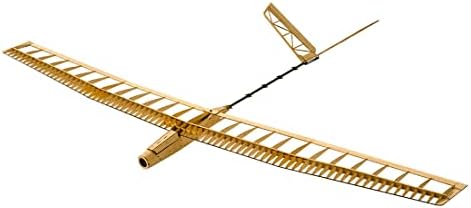
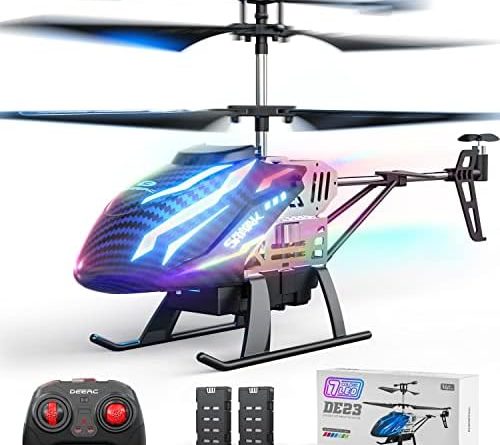
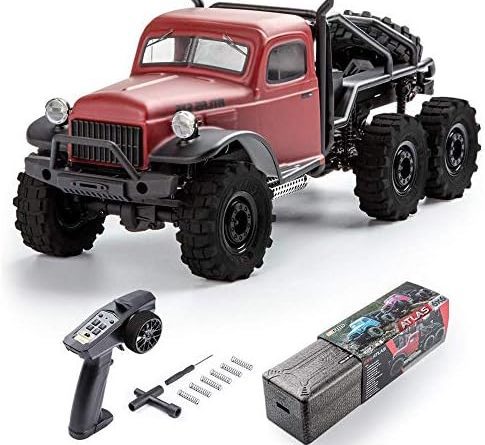
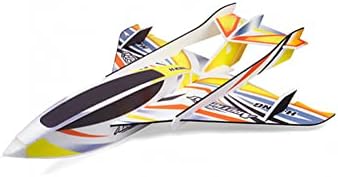
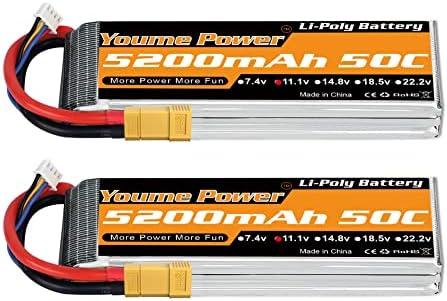
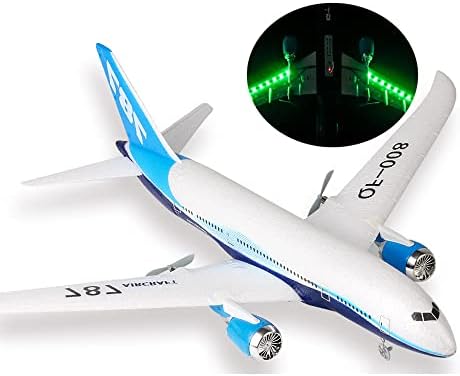
1 Comment